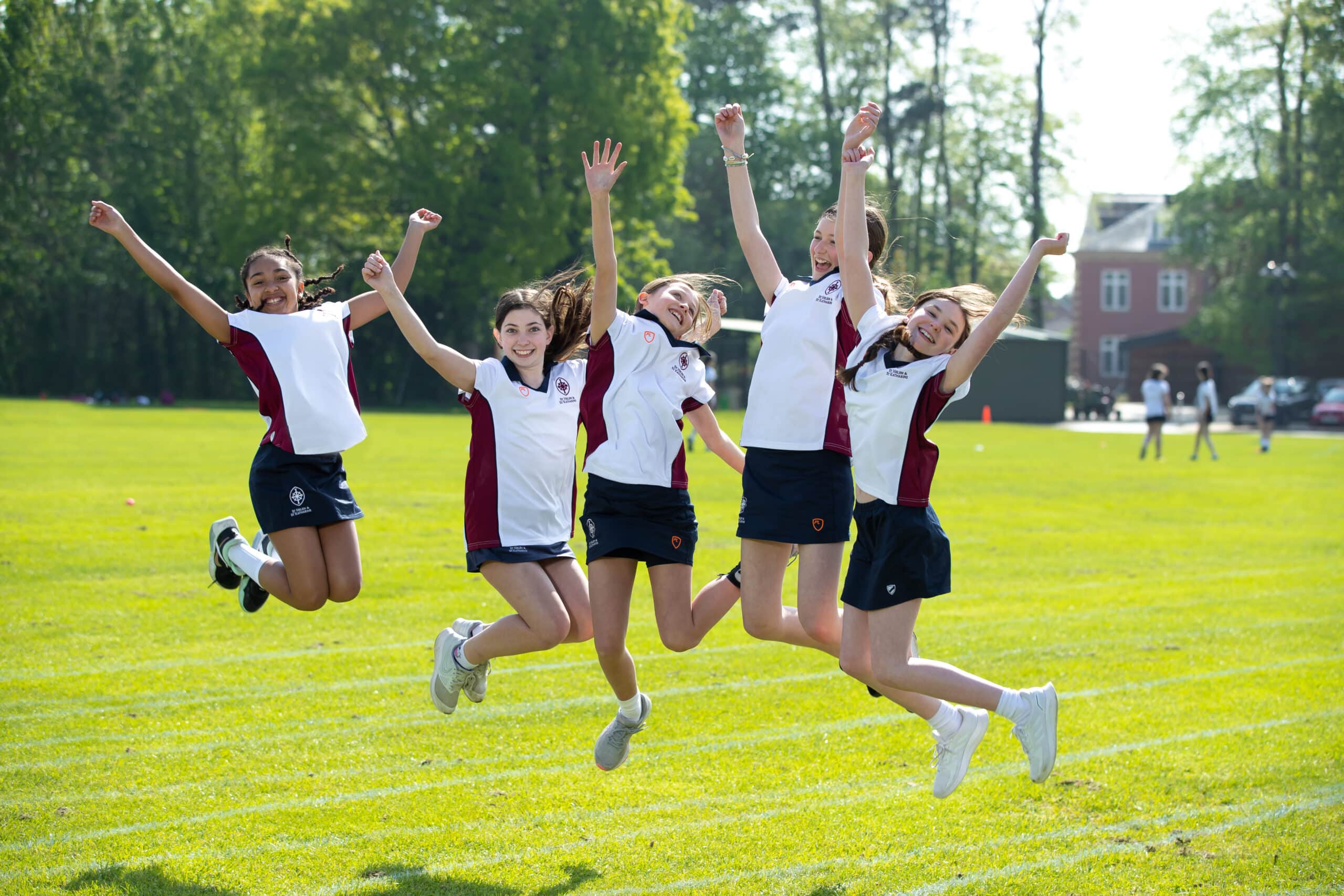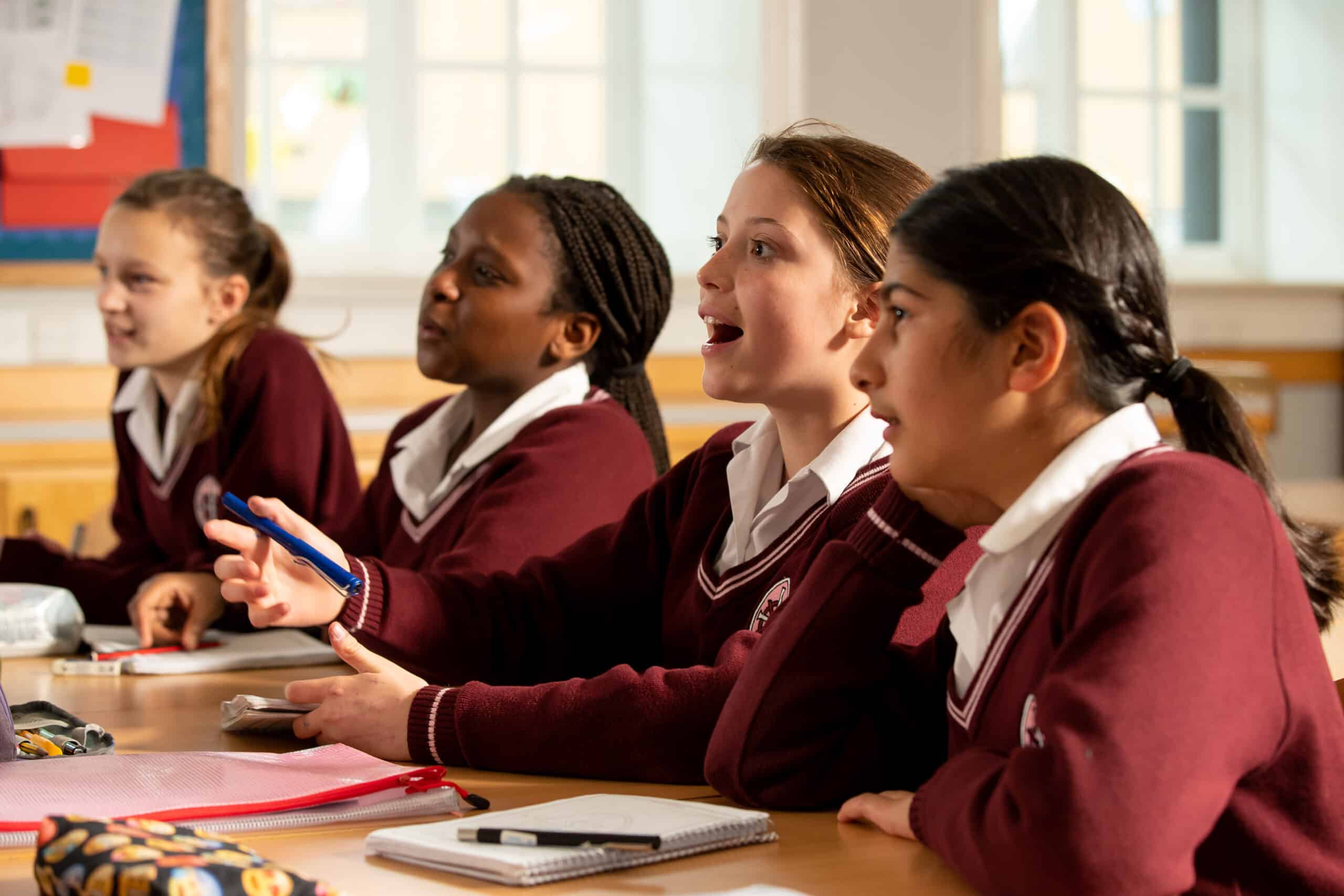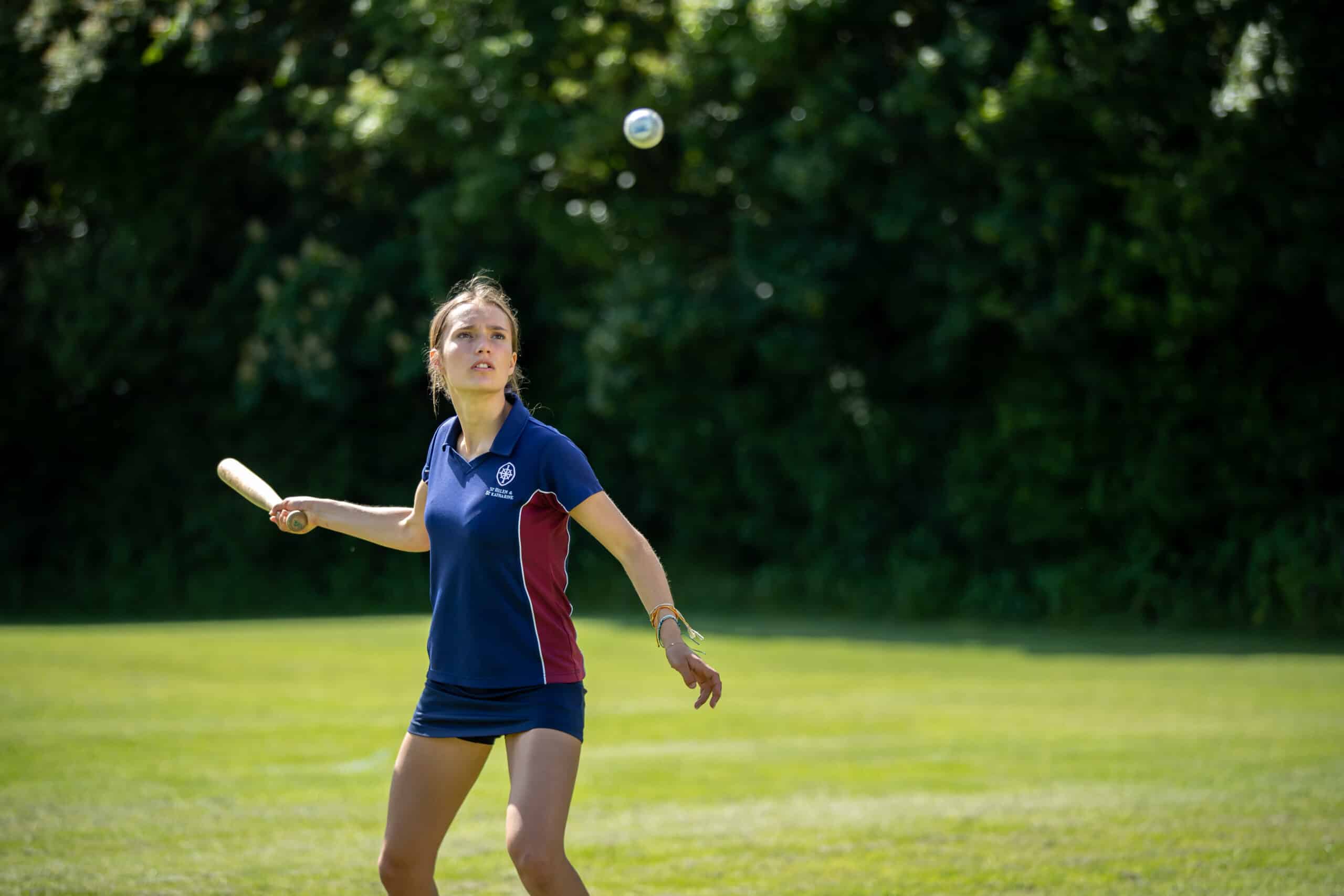If you have enjoyed studying GCSE Greek, you can continue your study of the ancient Greek world to A level. You can study A level Greek without Latin if you choose. The ancient Greek world is distinctive for its extraordinary outpouring of literature, art and ideas in a relatively short period of time. During the course you will consolidate and build your knowledge of the language and through this the literature, values and culture of the ancient Greeks.
The course gives fascinating insight, through the actual words of the Greeks themselves, into their intellectual and creative achievements, as well as their philosophies of life. Part of its fascination is how at one moment the ancient Greeks can seem so closely akin to us, yet at the next shockingly different, and the lessons this can teach us about what it means to be human. The influence of ancient Greek literature has echoed down the centuries and its power to stir, warn, shock and comfort us remains undiminished. Studying Greek at this level is fun and exciting and challenges the way you see the world, express yourselves and think.
Topics studied
Language
Throughout the course you will develop your linguistic skills. You will read passages from a wide variety of prose and verse authors to develop the fluency of your translation. You will revisit and consolidate your GCSE grammar while increasing the depth of your grammatical understanding. You will also learn precise linguistic analysis of grammatic forms and constructions and build your vocabulary. This prepares you for papers in unseen translation and comprehension. Translation from English into Greek is an option. The language paper focuses on the tragedian Sophocles and the historian and philosopher Xenophon, who was a friend of Socrates and an inspiration to Alexander the Great.
Literature
A key element of the A level course is the study of some of the greatest and earliest European literature. Authors whose works may be studied include the epic poet Homer, the tragedians Euripides and Sophocles, the philosopher Plato and the historians Thucydides and Herodotus. You will study two prose authors and two verse authors, or two halves of a longer text. We also cover additional material in English, to give context to the texts. We begin with a careful translation of the texts. We then look at what makes these great and enduring literature. This includes learning to analyse critically and perceptively. We might also look at the expectations of a certain genre, such as the conventions of the Greek theatre, or the historical events amidst which the author is writing. This all contributes to your literary, historical and cultural understanding. One thing is certain, even across the years Ancient Greek texts retain their power to move, shock and delight their audience.
Prose texts
These include the historian Herodotus’ account of the origins of the conflict between the Greeks and the Persians, and Plato’s Republic, a philosophical work on the nature of justice.
Verse texts
These include selections from Euripides’ Hippolytus, where Aphrodite wreaks a terrible revenge for being overlooked, and Aristophanes’ The Frogs, a comedy which sees the god Dionysus visit the underworld to bring back a poet who can save Athens.
Groups are small, enabling both an informal atmosphere and much animated discussion. We follow the OCR curriculum. There is no coursework; both language and set texts are tested in examination papers at the end of Upper Sixth.
100%
A*–A in A level Greek in 2022
Greece
trip with Classics and RPE Departments
“It is such an amazing opportunity to be able to study Greek to A level and a great privilege to be taught by such inspirational teachers; I love the challenge that learning this language brings.”
Academic enrichment
There are lots of opportunities to explore the classical world in greater depth. Every other year there is a trip to Italy or Greece. Closer to home there are often lectures to attend. We have recently welcomed speakers on ‘West African civilisations’ and ‘Aristotelian virtue ethics and the skill of translation’. Interested students also went to hear Professor Mike Edmunds on the Antikythera mechanism and Ancient Greek computing. We frequently enjoy success in the Latin and Greek reading competition at the University of Oxford. We offer a Sixth Form Classics Society and interested students help to run Helicon Club for the younger years. We can also help students to arrange archaeology experience or language summer schools. For those thinking of applying for classical subjects at university we offer help preparing for admissions tests and interviews.









